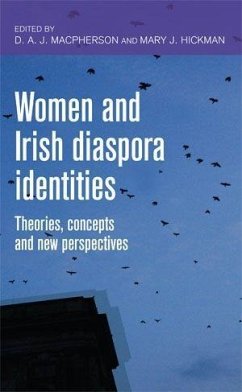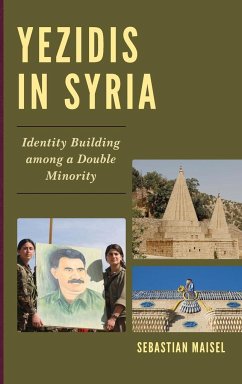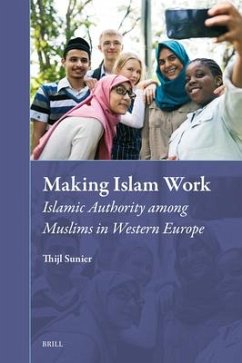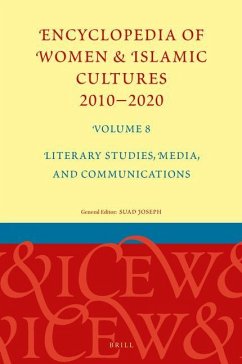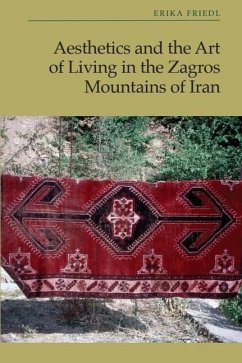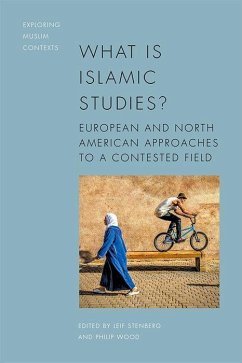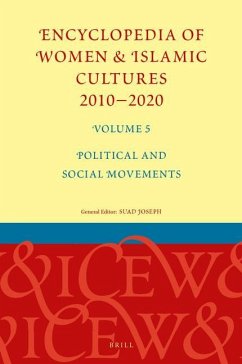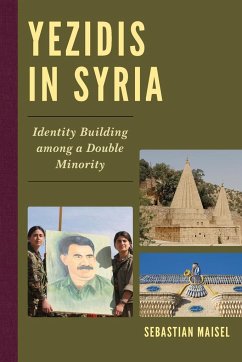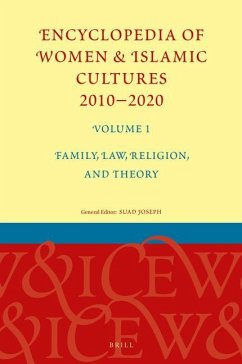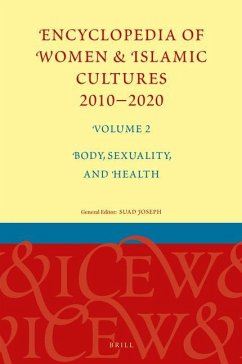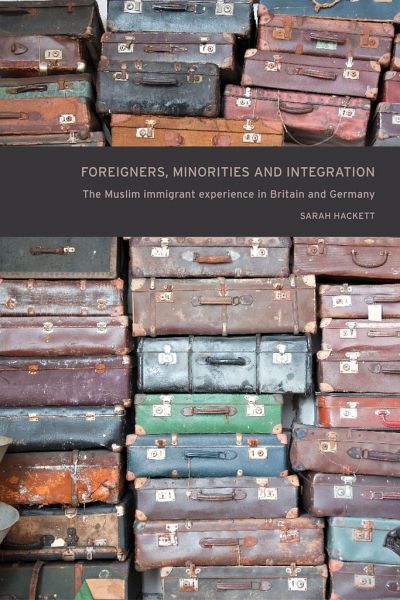
Foreigner, Minorities and Integration CB
The Muslim Immigrant Experience in Britain and Germany

PAYBACK Punkte
64 °P sammeln!
This book explores the arrival and development of Muslim immigrant communities in Britain and Germany during the post-1945 period through the case studies of Newcastle upon Tyne and Bremen. It traces Newcastle's South Asian Muslims and Bremen's Turkish Muslims from their initial settlement through to the end of the twentieth century, and investigates their behaviour and performance in the areas of employment, housing and education. At a time at when Islam is sometimes seen as a barrier to integration and harmony in Europe, this study demonstrates that this need not be the case. In what is the ...
This book explores the arrival and development of Muslim immigrant communities in Britain and Germany during the post-1945 period through the case studies of Newcastle upon Tyne and Bremen. It traces Newcastle's South Asian Muslims and Bremen's Turkish Muslims from their initial settlement through to the end of the twentieth century, and investigates their behaviour and performance in the areas of employment, housing and education. At a time at when Islam is sometimes seen as a barrier to integration and harmony in Europe, this study demonstrates that this need not be the case. In what is the first comparison of Muslim ethnic minorities in Britain and Germany at a local level, this book reveals that instances of integration have been frequent. It is essential reading for both academics and students with an interest in migration studies, modern Britain and Germany, and the place of Islam in contemporary Europe.




